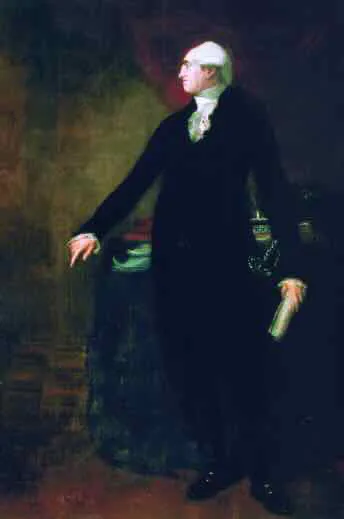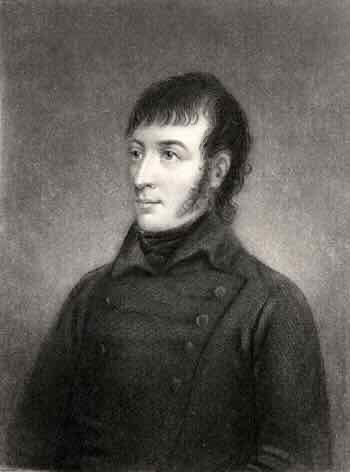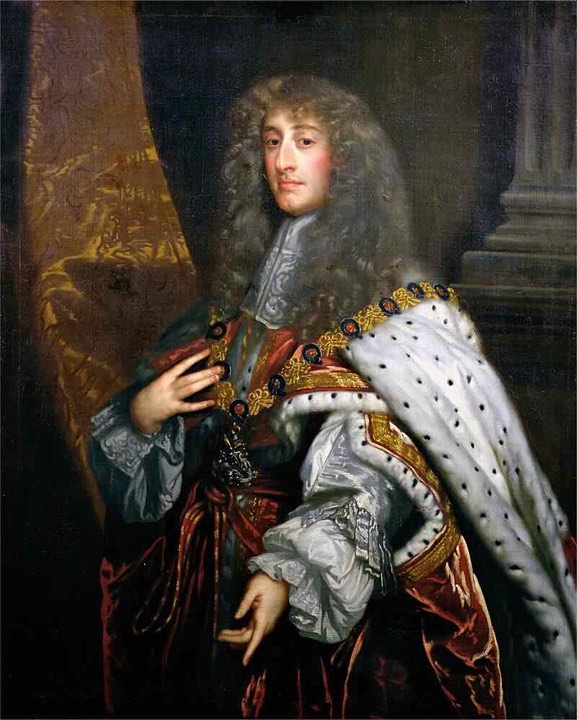- January 1, 1
Henry Flood, the Irish statesman, was born on November 07, 1732, in Kilkenny, Ireland. He became a prominent figure in Irish politics during the late 18th century and played a key role in advocating for legislative independence for Ireland.
Henry Flood (1732 – 2 December 1791) was an Irish statesman and Lord Chief Justice of the King’s Bench for Ireland. He was educated at Trinity College Dublin, and afterwards at Christ Church, Oxford, where he became proficient in the classics.
In 1759, he entered the Irish parliament as member for County Kilkenny, a seat he held until 1761. There was at that time no party in the Irish House of Commons that could truly be called national, and until a few years before there had been none that deserved even the name of opposition.
Irish Patriot Party
He was a friend of Henry Grattan, the leader of the Irish Patriot Party.
The Irish Patriot Party was the name of a number of different political groupings in Ireland throughout the 18th century. They were primarily supportive of Whig concepts of personal liberty combined with an Irish identity that rejected full independence, but advocated strong self-government within the British Empire.
In the latter half of the 18th century some influential but relatively small grouping of Irish politicians emerged who called themselves the Irish Patriot Party. It was led in its early years by Henry Flood who was succeeded by Henry Grattan, who inspired the party for most of its life.
The Duel
He became an object of public interest in 1770, when he was put on trial for murder, after killing a political rival in a duel.
Flood was known for his powerful oratory skills and his efforts to strengthen the position of the Irish Parliament. His political career included periods of leadership in the Irish opposition, particularly during the movement for legislative autonomy in the early 1780s.

 ← Thomas Russell, the United Irishman, is born in Kilshanick, Co. Cork
← Thomas Russell, the United Irishman, is born in Kilshanick, Co. Cork
 King James VII married Mary of Modena →
King James VII married Mary of Modena →